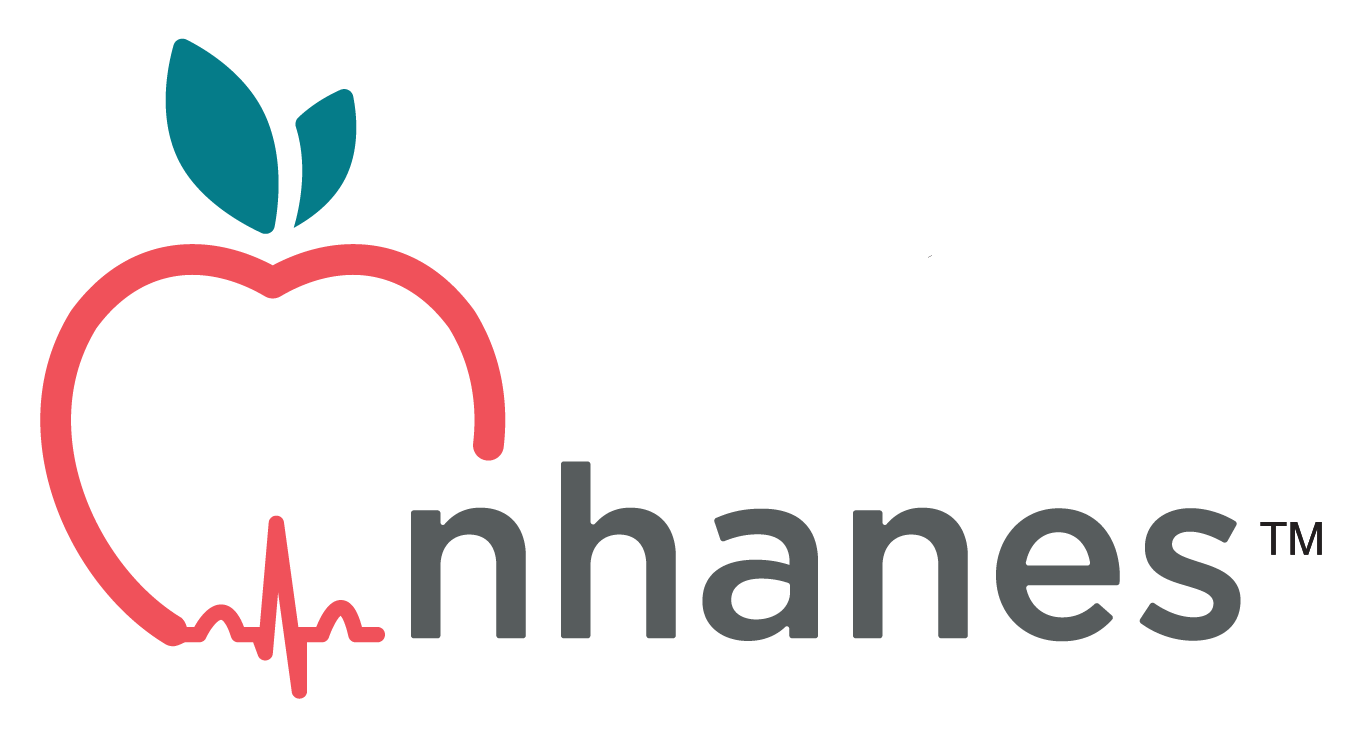At a glance
- The National Health and Nutrition Examination Survey (NHANES) collected DNA specimens in various survey cycles from 1991–2012.
- Researchers must submit a proposal and receive approval to use DNA specimens.
- Explore available genetic datasets.

Introduction
DNA specimens were collected in the National Health and Nutrition Examination Survey (NHANES) III Phase II(1991-1994) and in subsequent NHANES cycles (1999–2000, 2001–2002, 2007–2008, 2009–2010 and 2011–2012).
The nationally representative collection of stored DNA specimens and resulting genetic data are available and add to the extensive amount of health, nutritional, and environmental information provided by NHANES.
Additional program background and history review—
DNA specimens
NHANES DNA Specimens are available for participants who have consented to their specimens being used in future studies and DNA was successfully extracted or purified from whole blood. NHANES makes DNA specimens available only for approved research studies.
| Cycle | Age (years) | DNA Source | N |
|---|---|---|---|
| NHANES III Phase II | 12+ | crude cell lysates | 7,159 |
| 1999-2000 and 2001-2002 | 20+ | whole blood | 7,830 |
| 2007-2008 | 20+ | whole blood | 4,611 |
| 2009-2010 | 20+ | whole blood | 4,714 |
| 2011-2012 | 20+ | whole blood | 3,989 |
Laboratory methods
NHANES III
For NHANES III Phase II (1991–1994) DNA specimens, laboratory professionals extracted DNA crude lysates of cell lines created from blood samples from participants aged 12 years and older. DNA concentrations per specimen vary. Estimated concentrations range from 7.5-65 nanograms of DNA per microliter. This shows an average of approximately 4 micrograms of DNA in 100 microliters.
More recent cycles
For NHANES cycles 1999–2000, 2001–2002, 2007–2008, 2009–2010 and 2011–2012 DNA specimens, laboratory professionals purified DNA whole blood specimens from participants aged 20 years and older. Specimens of purified DNA were normalized to concentrations of approximately 50 nanograms of DNA per microliter.
Research proposals
NHANES DNA specimens are available for nationally representative research to determine associations with diseases or conditions. Access to DNA specimens require a research proposal.
Find proposal requirements and submission procedures for requesting access to DNA specimens in the Federal Register.
There is a fee associated with using NHANES DNA specimens. The fee covers the cost of processing and shipping the samples.
We publish updates to the cost structure in the Federal Register. Researchers should check the most recent notice to find current cost information.
Genetic Data Repository
Data generated from DNA Specimen proposals are deposited into the NHANES Genetic Data Repository after National Center for Health Statistics (NCHS) quality control review.
Additional information on quality control review—
- NCHS Quality Control Protocol for NHANES Candidate Gene Studies
- NCHS Quality Control Protocol for NHANES Large-Scale Genome Assays
NCHS restricts access to most of these datasets. A small number of anonymized datasets are available for approved proposals through a data use agreement.
Restricted datasets
Genetic datasets and weights
Genetic variant search
The website is an available for accessing and searching the list of NHANES genetic variants.
Anonymized genetic datasets
NCHS has anonymized a limited number of associated variants. The data can no longer be linked to public use files. Therefore, they are not linkable to other NHANES data.
These data are available upon request with a data use agreement.
Research Proposals
Proposals to analyze restricted genetic datasets may be submitted to the Research Data Center (RDC). For additional information on submission guidelines, please go to the RDC website.
